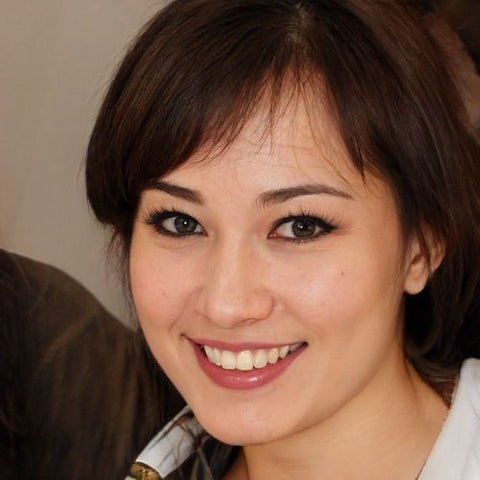
What is Men's First Love Theory?
Okay, so you're wondering why everyone is talking about the "Men's First Love Theory," on TikTok.
The Men's First Love theory is the idea that men simply don't get over their first love. That their earliest experience of love set a benchmark, leading them to idealize and romanticize their first significant relationship.
They may compare subsequent partners to this initial love, seeking to recapture what was lost. Jay Shetty's term "first love syndrome" expands on this, explaining how our initial encounters with love shape our expectations, making us believe that if someone doesn't express love in the specific way we're accustomed to, they don't truly love us.
At the heart of this theory lies the impact of loss, rejection, and trauma associated with the end of that first love. These intense emotions can leave a lasting imprint, causing some men to forever hold a soft spot for their first love, often idealizing the relationship in hindsight. This experience may also have impacted their attachment style, whether its avoidant, disorganized, anxious or secure.
Psychological Perspectives on Men's First Loves
- Intensity of First Experiences: Psychological research suggests that first experiences can have a profound impact because they occur when individuals are typically more impressionable. During adolescence or young adulthood, when first loves often occur, individuals are experiencing many developmental changes, including hormonal fluctuations that can intensify emotions. These first experiences of romantic love are new, intense, and formative, creating lasting memories and setting the template for what love "should" feel like.
- Idealization and Nostalgia: Over time, memories of the first love might be idealized. Psychological studies on memory and emotion show that people tend to remember past events more positively as time goes on, a phenomenon known as "rosy retrospection". This idealization can make the first love seem more perfect and desirable than it actually was, contributing to the belief that no subsequent relationship can compare.
- Attachment and Loss: Attachment theory, suggest that early attachments can influence emotional bonds in adulthood. While not directly related to "first loves," the theory implies that the loss of a significant attachment, such as a first love, can have a lasting emotional impact, particularly if the breakup was traumatic or unresolved. This can lead to patterns of attachment that influence future relationships.
- Cultural and Social Influences: Societal narratives and media often romanticize the idea of first loves, suggesting they are the most pure and unforgettable. Such cultural reinforcement can shape individuals' perceptions of their own experiences, leading them to place greater emotional significance on their first love.
Men's First Love Impacts
Specific studies focusing on why first loves impact men in particular are less common, but several factors can contribute:
- Socialization: Men are often socialized to suppress emotions and may not have as many opportunities to process and talk about their feelings. The unresolved emotions surrounding a first love can therefore have a lasting impact.
- Cultural Expectations: Cultural narratives sometimes emphasize the idea of men being protectors and providers in relationships, which can complicate their feelings about past loves, especially if they feel they failed in some way.
- Emotional Expression: Research suggests that men and women may express and process emotions differently due to both biological factors and socialization. Men might, therefore, internalize their feelings about a first love, giving those memories more power over time.
Final Thoughts
While "Man's First Love Theory" as discussed on TikTok may not be universally applicable to all men, the psychological impact of first loves is well-documented in general.
The intensity of first experiences, coupled with idealization, attachment issues, and cultural influences, can explain why first loves are remembered so fondly and why they can set a benchmark for future relationships.
Understanding these factors can help individuals navigate their feelings about past relationships and approach new ones with a healthier perspective.



![The Meeting Someone Twice Theory [TikTok Trend]](http://www.eyemindspirit.com/cdn/shop/articles/665fd7066704026841792d2f_teobel___mateo_luna_and_bel___my_mechanical_romance_by_alexene_farol_follmuth_copy.jpg?v=1723121202&width=480)